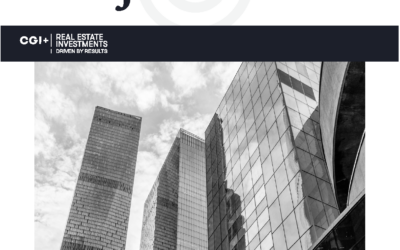 When you think about luxury travel, maybe 5-star hotels are the first accommodation you think about. Dreams of upscale luxury hotels are splashed across covers of magazines and featured in major Hollywood movies – but are they really the epitome of luxury?
When you think about luxury travel, maybe 5-star hotels are the first accommodation you think about. Dreams of upscale luxury hotels are splashed across covers of magazines and featured in major Hollywood movies – but are they really the epitome of luxury?
If you’re looking for privacy or a longer-term luxury option, these types of accommodations don’t fit the bill. Celebrities often travel with large entourages and may need to stay at a location for a month or more. While a luxury hotel may have amazing concierge services and amenities, they simply can’t provide the privacy many are looking for. There will always be other guests staying on the property, there will always be people coming and going, and there will always be a staff of employees that varies daily.
And while staying at a hotel is amazing when you go away for a week, it can often be stressful when you need a place to stay for longer periods of time. More and more people are traveling for work and need longer-term accommodations that have more of the appeal of being at home.
Enter luxury short-term residential properties – the choice du jour of those wanting luxury amenities, privacy, and the feel of home while traveling. We’re talking about a new class of property rooted between Luxury AirBnB and 5-Star “Big Brand” Hotels.
In addition to the privacy factor, celebrities and wealthy individuals appreciate the flexibility of having their own guests – like friends and family. This was certainly the case for Quentin Tarantino and most of his A-List cast and crew of “The Hateful Eight” when they filmed in Telluride, CO. Benefits like private chefs, stocked fridges, babysitting, drop-off dry-cleaning, pet-sitting and even butlers are just some of the services attracting the most well-known travelers.
Justin Bieber is known for staying in these types of properties as well. In fact, he sold his home to Khloe Kardashian after being called “the world’s worst neighbor” by anyone he’s ever lived near. Since the home was sold, Bieber has been hooked on the short-term residential lifestyle – staying in luxury rentals around the world, including a 14-bedroom castle, Beverly Hills condos, and most recently, a $29,500 a month Hollywood Hills mansion that boasts a nightclub, theater, multiple bars, and a home theater.
Jennifer Aniston has also taken advantage of the luxury rental market. After purchasing her $21 million dollar mansion, she decided it needed major renovations, forcing her to find alternate accommodations while the renovation took place. Knowing that these renovations would take a considerable amount of time, a short-term luxury residence was an easy decision over a hotel and she chose a zen-inspired Beverly Hills mansion for $40,000 a month.
One of the most famous celebrities who has completely jumped on board with the luxury rental trend is Rihanna. Rihanna splits her time between two rental properties on the east and west coast, each carrying a $40,000 per month price tag. When she isn’t staying there, she often takes vacations across the globe and stays at luxury rentals – including an Aspen abode to celebrate her birthday and a $20 million dollar oceanfront villa in Barbados for her entire family.
Luxury residential rentals are in high demand. It’s simply what professionals and celebrities alike consider the gold standard when choosing accommodations.
At CGI, we have been ahead of this trend and will continue to offer high-end luxury rentals to serve this exploding market.

